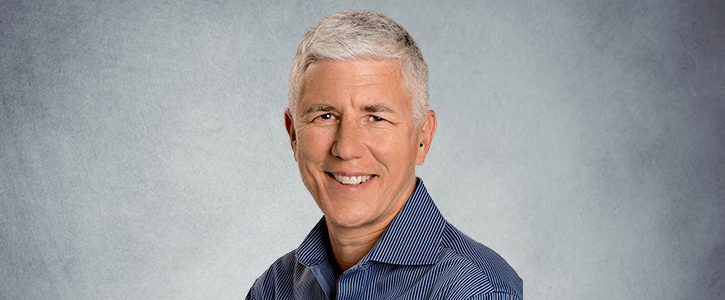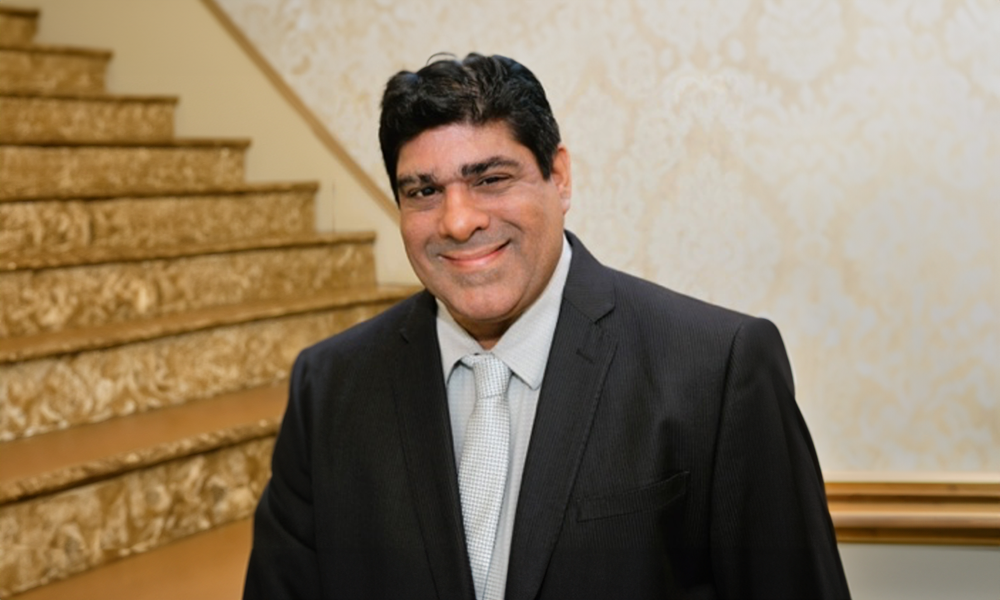Western New England University School of Law Professor Jennifer Levi, has been honored with a prestigious Beacon Award—specifically the Voice of Change Award—by the Boston Bar Association.
According to the BBA, the award is given to "a luminary leader in the legal community who has forged a new path and has played an extensive role in advancing diversity, equity, and inclusion within the profession." Levi will receive the honor at a ceremony in Boston on Thursday, June 16.
"I have hope, because as more and more transgender people share their stories, there is a deeper understanding of the injury that discrimination has on all those people we love—parents, children, family members, neighbors, and friends," said Levi, who also directs the GLBTQ Legal Advocates & Defenders (GLAD) Transgender Rights Project. "When people can make connections that link directly back to their homes and their personal lives, that means we're getting there."
Levi has dedicated her career to fighting for the rights of women, children, the poor, and gay, lesbian, bisexual, and transgender clients. Before coming to WNE, she was Senior Staff Attorney for Gay and Lesbian Advocates and Defenders in Boston. Prior to that, she was a Visiting Professor at Chicago-Kent College of Law in Chicago, worked as an Associate Attorney for two Chicago law firms, and clerked in the U.S. Court of Appeals for the First Circuit in Boston.
Levi served as co-counsel for the seven same-sex couples who sued the Commonwealth of Massachusetts for denying them the right to obtain marriage licenses in Goodridge et al v. the Department of Public Health. The appeal led to the landmark Massachusetts Supreme Judicial Court ruling that stated it was unconstitutional for the Commonwealth to deny gays and lesbians the right to marry.
Among the high-profile cases she has worked on with GLAD are Rosa v. Park West Bank, which resulted in one of the first instances when an appeals court recognized that a federal anti-discrimination law provided protection for a transgender individual; Doe v. Clenchy, which marked the first time a state court (in Maine) ruled that transgender students must be allowed to use the bathrooms that match who they are; and Doe v. Trump, which challenged the Trump administration's transgender military ban.
Levi shares her passion for justice within the legal community, frequently participating in bar events that advance diversity, equity, and inclusion.
"There's a lot of work happening. There's education, training, and commitment to diversity and inclusion across a whole range of contexts," she said. "And that's critical because of how much work there is to do. It is unfortunately all too frequent that law firm or bar events do not include a transgender person in presentations or panels, much less more than one, or even a few. So when I join events, I know it's important to share my personal story and connection with the community. But I also strive to convey the diversity and differences that exist within the transgender community. People's experiences are so different. It's important to have many voices out there."
The Beacon Awards recognize individuals, organizations, and corporations who are forging innovative paths toward a more diverse, equitable, and inclusive profession and greater community. Carla Reeves, the BBA's Diversity, Equity & Inclusion Co-chair, said the Beacon Award Selection Committee "is honored to celebrate Jennifer's impact and bring attention to her decades-long work as a pioneer fighting for the rights of members of the LGBTQ+ community. Jennifer's powerful advocacy to advance the inclusion and visibility of transgender, non-binary, and other members of our community has inspired many to use the law as a tool for meaningful change."
Looking ahead, Levi said outreach, mentoring, and partnerships are crucial. "It's important for the legal community to join amicus efforts and be engaged in the cases that impact transgender people's lives as a way to advance the educational journey that we are all on. Relationship building within and across communities is essential, and I see the cross-fertilization happening. I'm heartened by the number of people who show up and are open and engaged to do the work."
When reminded of "the long path to justice and equality," Levi is optimistic. "I feel hopeful when I think about the future because I hear and learn so much from law students who are more empowered than previous generations of law students to incorporate more DEI education and efforts within the law school communities," she said. "I'm very proud of the work I've done with the movement, but I also see and know that there are newer lawyers who are coming up with their own ideas and critical thinking for how the work should move forward, and I'm really excited about that."





